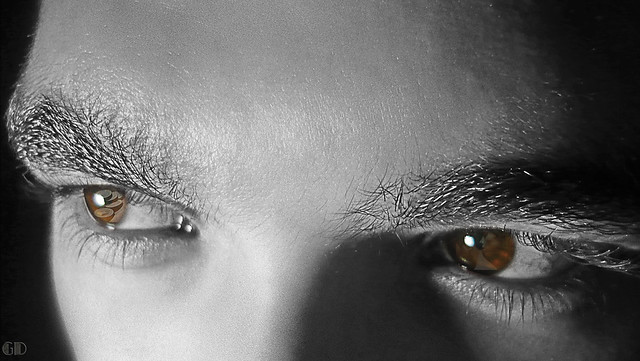It’s a four-letter word that staggers the senses and enrages the emotions — rape. Perhaps second only to murder in the pecking order of violent crimes, this physically demeaning and abusive treatment, upon conviction, deserves the harshest and most severe penalties. Violating the sanctity of human expression through physical intimacy, rapists are vile individuals in need of treatment, perhaps, but also deserving a prolonged separation from society in which to recalibrate their psyche.
Yet What happens when a man is falsely accused of rape?
We’re not claiming it happens often; data is difficult to pin down. A study conducted in England and Wales from January 2011 to May 2012 determined that 35 cases were false, while 5,561 rape reports were legitimate. A study published in 2010 of rape allegations at one American university classified as false 8 of 136 reported cases.1 These numbers come from reported cases; estimates of unreported rape claim figures as high as 9 out of 10, but our purpose here is to examine why the false accusations.
We all can recall criminal charges brought against athletes or celebrities with contentions over çonsentuality, and some of these high-profile dramas resulted in acquittals.
Reputation Damage
It is hard to believe that such a serious offense could ever be used to accuse someone falsely. An Orlando sex crime attorney points out that accusations of rape can destroy a person’s life even if they are not convicted. So why would anyone commit such a horrendous act against someone based on a lie?
Accusation Explanations
The following six reasons are the most common answers given by women who were found to have lied about a rape charge:
1. Guilt. Perhaps a morning-after version of “buyer’s remorse,” some women simply feel guilty for having sex with someone they might barely know. Claiming it was done against their will eliminates the personal responsibility.
2. Revenge. There is perhaps no better way to exact revenge on a former lover or spouse than to accuse them of rape. Even if the charges are dropped, the impact on their life will be immense.
3. Notoriety. Accusing someone famous or popular of rape brings a lot of attention to the victim. News articles, television interviews, and Internet popularity surge for the victim, while at the same time destroying the accused.
4. Money. In conjunction with number three, many women accuse a famous person of rape so that they can sue for damages. If not settled out of court, these extended proceedings are not dependent upon a prior conviction in criminal court. Payouts are quite large, and if/when the case becomes public, the accused is tainted for life.
5. Justification. Some women find themselves single and pregnant and scared and perhaps confused. They are morally opposed to having an abortion, yet they can justify one if the pregnancy is a consequence of forced sexual relations. These women cry rape just so they do not have to take responsibility for terminating a pregnancy.
6. Custody. Many women will tell their divorce lawyer and the judge that their soon-to-be former spouse repeatedly raped them as a form of abuse. This is a strategy typically aimed at getting sole custody of their children. Most of these women admit that they even told the judge that they feared their ex-husband would rape the children if he had custody.
Innocent until proven guilty really matters when a man is accused of raping a woman. This is certainly a crime with a stigma. Vastly more often than not, the charges are proven legitimate. However, women falsely accusing men of rape should also be held accountable legally for the character assassination perpetrated upon the innocent party.
Terry Duschinski doesn’t always write from personal experience, but his research of this topic found an Orlando sex crime attorney that motivated his tackling of this delicate discussion.
Photo: http://www.flickr.com/photos/neogabox/4254867826/
1http://en.wikipedia.org/wiki/False_accusation_of_rape
No related posts.


